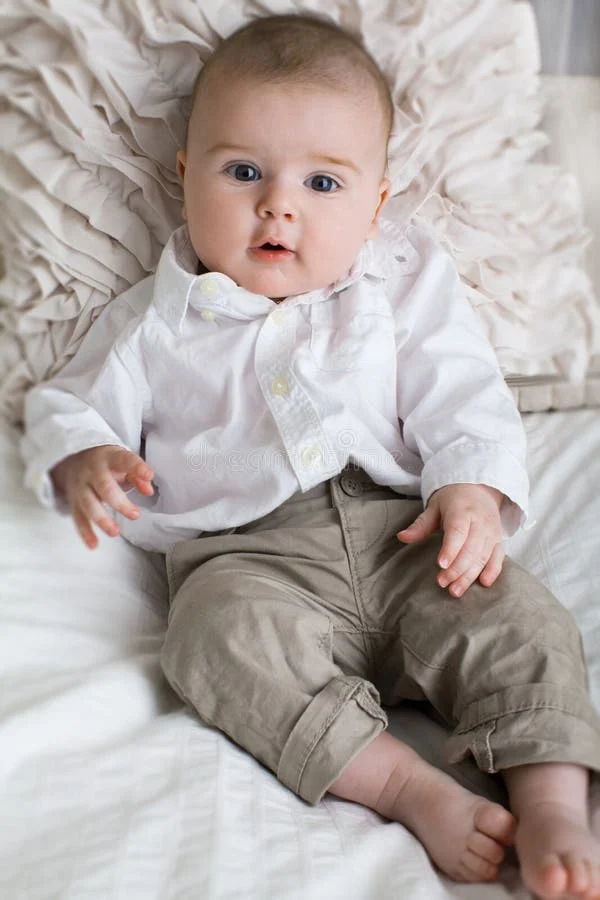Denial is a peculiar companion. A decade ago, when I first encountered Denial, I had no inkling of how deeply intertwined she would become in my life. Initially, she seemed like a comforting friend, one I leaned on during challenging moments. She was always nearby, ready to offer explanations that shielded me from the harsh truth. Denial made herself comfortable at my kitchen table, often lingering in my thoughts without invitation.
She helped me overlook the difficult realities of my past — the moments I preferred to forget because, as Denial suggested, they were better left unexamined. For many parents, those first whispers about autism can usher in an unwelcome visit from Denial, who often overstays her welcome. Despite the warnings of those around us, we may find ourselves caught up in her comforting embrace, ignoring the urgent need for clarity.
Denial typically arrives just after Fear has departed, filling the void with her misleading reassurances. Though we may feel burdened by our choices while grappling with the presence of Denial, it’s essential to recognize that we welcomed her into our lives, just as we might have with an unsavory romantic partner. The challenge lies in moving past her influence to embrace the more constructive friend: Acceptance.
Reflecting on this journey, I realized that while Denial may have been a constant presence, her influence ultimately led me to a place of growth and understanding. Here are twelve moments that illustrate how Denial lingered too long following my child’s autism diagnosis:
- When my son Alex exhibited sensory overload, Denial convinced me that his frantic behavior during my hair drying was simply his way of seeking attention, not a response to overwhelming noise.
- Denial told me Alex’s lack of eye contact was not tied to autism but was merely because he found the world around him far more interesting than my attempts to engage him.
- When I lamented Alex’s solitude, Denial reassured me that it was not a struggle to make friends; instead, he simply hadn’t found anyone worthy of his time.
- As Alex spun under the kitchen light, Denial suggested he was merely inspecting the fixture rather than trying to self-soothe through repetitive motion.
- The tears and screams during haircuts were explained away by Denial as Alex’s wish to maintain his long hair, dismissing the possibility of sensory distress.
- When Alex protested about attending music class, Denial assured me it was simply because he believed the music should be more sophisticated, rather than a reaction to sensory overload from the instruments.
- Denial made me feel better about Alex pulling away from physical affection, insisting it was simply because my hugs were unmatched in quality.
- Whenever we tried new activities and Alex became upset, Denial maintained it was merely because he preferred the familiar, not due to a difficulty with change.
- Denial even suggested that Alex’s resistance to new clothes was out of concern for my fashion preferences, rather than his heightened sensitivity.
- His repetitive eating habits were rationalized by Denial as a way to ensure I always prepared the right meals, rather than a symptom of autism.
- Whenever I worried about Alex’s scripting of dialogue from shows, Denial assured me he was merely inspired by the exciting lives of television characters.
- Finally, Denial’s parting words, “He’s fine,” were misguided; while Alex was indeed wonderful, he needed more support than I was willing to acknowledge.
Letting go of Denial was challenging, and there were times I allowed her to resurface, just like a familiar but unhelpful acquaintance. However, this journey led me to embrace Acceptance, which illuminated the truths that Denial had obscured. Acceptance arrived to help me recognize the resources Alex needed to thrive.
In retrospect, Denial played a significant role in shaping my path. Just as friendships come and go, her impact will always be a part of my journey. If you find yourself in a similar situation, remember that while Denial may offer temporary comfort, your child’s future relies on your clarity and proactive support.
For additional insights on navigating the complexities of parenthood, consider exploring resources like Intracervical Insemination or Make a Mom, which can provide valuable information on home insemination and support. For a deeper understanding of pregnancy, check out In Vitro Fertilisation for excellent information.
Summary
Navigating the journey of understanding a child’s autism diagnosis can be clouded by denial. This article reflects on the impact of denial in a mother’s life, illustrating how it can lead to misunderstandings and delay necessary support. Embracing acceptance is crucial for both the parent and child to thrive and move forward positively.
